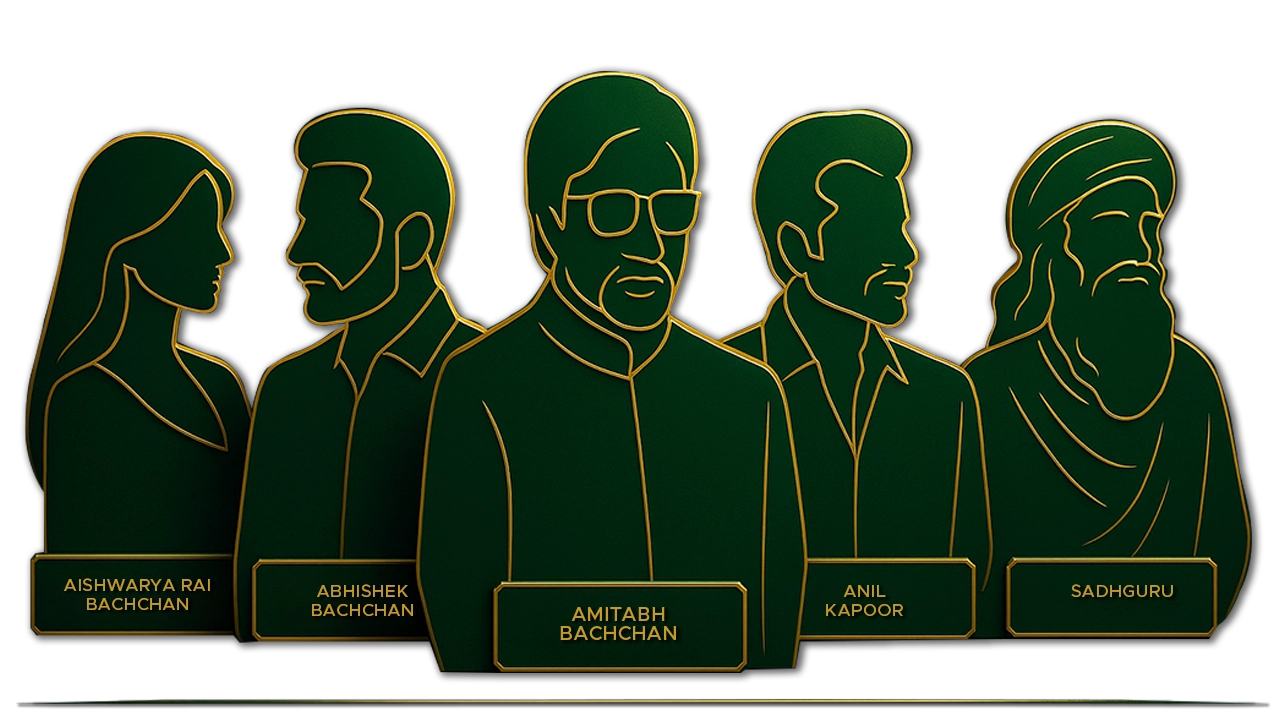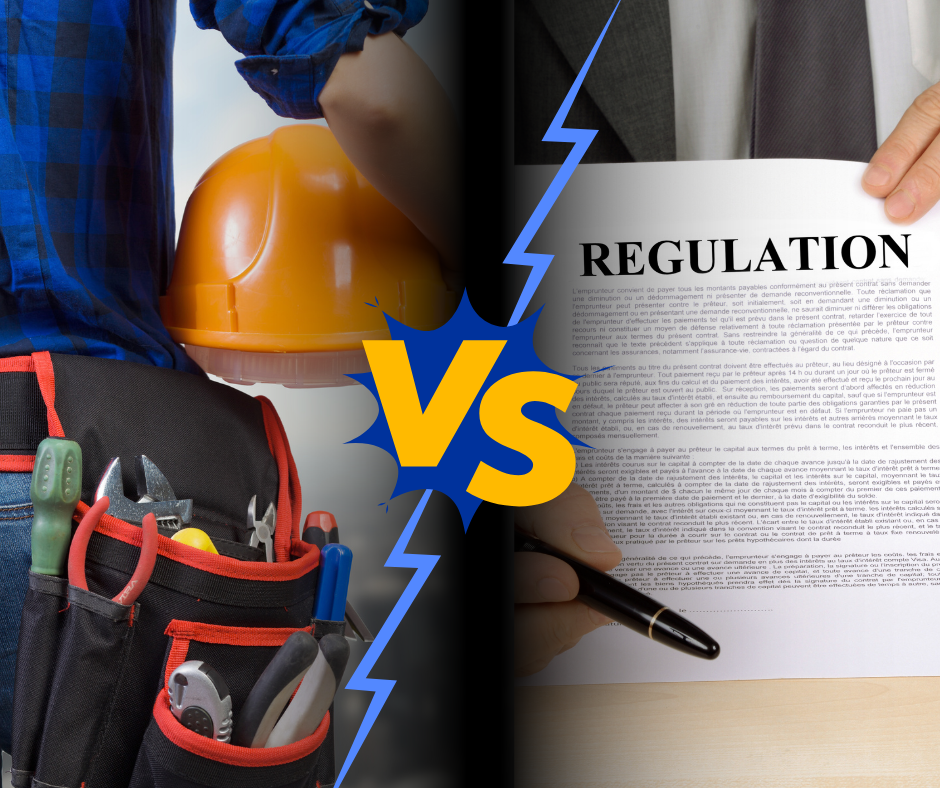Introduction
In the dynamic legal landscape of India, a silent revolution is unfolding. Without a single, guiding statute, the framework for personality rights is being forged in the crucible of judicial pronouncements. This is not merely a technical exercise in law; it is a profound and proactive effort by the judiciary to safeguard public figures from the digital onslaught of AI and deepfakes. More than just protecting celebrity images, this evolving legal philosophy recognises and fortifies the inherent dignity and commercial value of every individual’s identity in an age where it is more vulnerable than ever.
The foundational principles of personality rights in India are deeply rooted in the right to privacy and the right of publicity. The right of publicity is a proprietary right, acknowledging that a celebrity’s persona encompassing their name, image, voice, signature, and other unique characteristics holds significant commercial value that they can control and monetise. Conversely, the right to privacy is a personal right, shielding individuals from unwanted public exposure or the misrepresentation of their private lives. In India, the Supreme Court has given constitutional weight to these rights by interpreting Article 21 of the Constitution, which guarantees the right to life and personal liberty, to also include the right to privacy and the right to live with dignity. This constitutional backing has been reinforced in recent rulings, such as the Madras High Court’s 2025 judgment in X v. Union of India1, which underscored that online identity protection is an essential component of dignity under Article 21.
In India, personality rights are protected through a combination of legal safeguards and enforcement mechanisms. The Copyright Act, 1957, grants performers “moral rights” to prevent the distortion of their work, safeguarding their reputation. The Trademarks Act, 1999, allows celebrities to register their name or catchphrase to prevent commercial misuse. Additionally, the common law principle of “passing off” is used to prevent businesses from falsely implying a celebrity’s endorsement. The judiciary enforces these rights with injunctions, and recent amendments to the IT Act, 2000, and IT Rules, 2021, now allow courts to compel platforms to use expedited notice-and-takedown mechanisms for violations.
The Delhi High Court’s recent interim orders in the Bachchan Cases have marked a new and critical phase in this evolution, directly confronting the challenges posed by AI and deepfake technology. In Aishwarya Rai Bachchan v. Aishwaryaworld.com & Ors2., filed in September 2025, Aishwarya sought to restrain multiple websites from the unauthorised use of her name, image, and likeness for commercial and personal gain. The misuse included the sale of unauthorised merchandise, impersonating websites, and the creation of AI-generated content, including sexually explicit and derogatory deepfakes. The court issued an injunction, ordering platforms and e-commerce sites to take down infringing content and block identified URLs within 72 hours, stating it would not “turn a blind eye” to such exploitation.
A similar pattern emerged in Abhishek Bachchan’s case, Abhishek Bachchan v. The Bollywood Tee Shop & Ors3., filed in September 2025. The suit addressed the extensive infringement of his personality rights through the unauthorised sale of merchandise, AI-manipulated videos, and fake photographs with forged signatures. His counsel argued that such misuse, including the circulation of sexually explicit and derogatory content, caused “grave irreparable harm and injury to his reputation.”
The Delhi High Court in its order noted that the plaintiff is a celebrated actor, film producer, and entrepreneur. The court noted that because of his reputation, his personality rights, which include his name, image, likeness, signature, and other unique elements, have acquired a distinct commercial value. The court also highlighted that any third party using these elements without authorisation is bound to cause confusion and deception among the public regarding their affiliation or sponsorship by the plaintiff.
The court issued an interim injunction, mirroring the order in his wife’s case, reaffirming that unauthorised use of a celebrity’s persona creates a false perception of endorsement. Both Bachchan rulings, along with other digital rights cases, signify a doctrinal shift where personality rights are viewed not just as economic entitlements but as integral to an individual’s dignity, privacy, and autonomy.
Landmark Rulings in the Age of AI: The Bachchan Cases
The discussion around personality rights in India often delves into the conundrum of whether they are rooted in privacy or property, a concept referred to as The Indian Functionalist Approach. While cases like R. Rajagopal v. The State of T.N.4 explicitly linked personality rights to the right to privacy under Article 21, the court itself carved out an exception for individuals who “voluntarily thrust” themselves into public controversy. This suggests a functionalist approach, where privacy might not be the best theory to protect the commercial value of a celebrity’s persona, especially when they actively seek to control and monetise it.
This functionalist approach is further supported by the landmark Justice K.S. Puttaswamy v. Union of India5 judgment, which recognised privacy as a fundamental right. Although Justice Kaul’s concurrence linked personality rights to privacy, this view is not a binding precedent and has been challenged. Justice Bobde’s concurrence, for instance, defined ‘privacy’ as the antonym of ‘publicity’, a concept also supported by Justice Chelameshwar, who noted that a celebrity seeking to monetise their image is interested in “controlled publicity,” not privacy. This distinction was underscored in Digital Collectible v. Galactus6, where the court refuted the argument that personality rights are a subset of privacy, emphasising that Justice Kaul’s opinion was merely persuasive and not a definitive holding.
The distinction between protecting privacy and controlling commercial use is critical. In Krishna Kishore Singh v. Sarla Saraogi7, the father of Sushant Singh Rajput sought to prevent the use of his son’s likeness to protect the integrity of a trial, a clear case where the intention was to protect dignity and privacy, not to commercialise. In contrast, cases like Anil Kapoor involved a two-fold purpose: to control commercial endorsements and to protect from malicious morphed pictures. The court’s remark that the defendants had flouted the plaintiff’s personality rights “as well as” his right to privacy suggests a separation of these two rights. This functionalist view posits that privacy is best reserved for cases where the intent is to protect an individual’s personal life, while property theory is more suitable for cases where the purpose is to control the commercialisation of one’s identity. The court’s ruling in Chitra Jagjit Singh v. Panache Media8 further illustrates this, as it held that while the right is said to have evolved from privacy, it is distinct and can be considered a “valuable proprietary right,” a concept supported by the court’s consideration of its heritability.
When it comes to the application of personality rights in India, the courts have often grappled with the appropriate test for infringement. The “confusion test,” borrowed from trademark law, is frequently used to determine if an average consumer would be misled into believing a celebrity endorses a product. While this test is beneficial, it may be insufficient for complex cases involving mere “association” rather than direct confusion. Some courts have erroneously deviated from this test, over-protecting celebrities by linking their rights to fundamental privacy protections without adequate reasoning. The recent rulings in the Anil Kapoor and Bachchan cases, while landmark in their application of modern technology, have been criticised for implicitly separating personality rights from the confusion test, potentially leading to an overprotection of these rights. The author of the provided text suggests that a more nuanced, “intentional” analysis is needed to address the shortcomings of the confusion test and ensure a careful balance between a celebrity’s right to control their image and the freedom of expression. In this way, Indian jurisprudence is evolving, adapting to technological risks while protecting personal autonomy and the economic interests that form a crucial part of a public figure’s identity.
It’s a phenomenon that has raised more than a few eyebrows: a growing parade of individuals with deep pockets from Bollywood have made a beeline for the Delhi High Court for such orders, all while operating from Mumbai. The question lingers—is this a matter of strategic necessity, or merely a new legal fad?
Key Shifts in Celebrity Rights Protection
- Jurisdictional Choice: The decision by Mumbai-based celebrities to file their suits in the Delhi High Court is a notable trend. While the original text touched upon this, it’s worth highlighting that this practice is a calculated move. The Delhi High Court has, in recent years, established itself as a leading jurisdiction for complex intellectual property cases, with a specialised commercial division and a reputation for issuing robust, wide-ranging “John Doe” injunctions against unknown offenders. This makes it an attractive venue for celebrities seeking to combat the borderless and often anonymous nature of online infringement. The court’s proactive stance and efficiency in these matters have likely made it the preferred forum over the Bombay High Court, which, while equally competent, has not been as active in this specific area of law.
- The Rise of AI as a New Frontier: The original article mentions AI and deepfakes, but the rulings underscore a specific shift: the courts are now explicitly acknowledging and restraining the use of AI tools for creating unauthorised content. The interim injunctions in both Bachchan cases were not just about preventing the use of their images, but specifically about stopping the creation and dissemination of AI-manipulated videos and fake images, some of which were sexually explicit. This moves the legal conversation beyond traditional defamation or passing-off and into a new, uncharted territory where technology itself is a primary instrument of infringement, and courts are demonstrating a willingness to adapt existing legal principles to address it head-on.
Why Delhi? The Strategic Necessity of India’s Leading IP Court
The common trend among Amitabh, Abhishek, Aishwarya Bachchan, Anil Kapoor, Jackie Shroff, and Sadhguru in approaching the Delhi High Court for injunctions related to personality rights, despite none of them being based in Delhi, is due to strategic necessity rooted in the Delhi High Court’s superior, specialised IP jurisprudence and efficient enforcement mechanisms.
The primary reason is that the Delhi High Court has established itself as the leading and preferred jurisdiction in India for complex Intellectual Property (IP) and personality rights cases.
Dedicated IP Division and Judges: The court features a dedicated IP division staffed by experienced judges who are credited with developing a substantial portion of India’s IP jurisprudence. This specialisation ensures a deep understanding of complex, modern issues like AI, deepfakes, and online infringement, leading to more robust and comprehensive legal remedies.
Effective Enforcement Power (Injunctions): The Delhi High Court is renowned for its proactive stance and efficiency in granting strong, wide-ranging injunctions, particularly “John Doe” injunctions. In the context of online and digital infringement, which is often anonymous and borderless, these injunctions are crucial for compelling internet service providers, social media platforms, and e-commerce sites to take down content swiftly.
A “Will” vs. “Can” Court: The text suggests that while other courts “can” enforce the law, the Delhi High Court is the one that “will” reliably and effectively exercise its power. This makes it a strategically necessary choice for high-profile individuals seeking rapid, definitive protection for their commercial and personal identity rights against a “digital onslaught.”
Conclusion
The Bachchan cases are a watershed moment in Indian law. They show the judiciary is proactively adapting to the digital age, protecting personality rights not just as a commercial asset but as an essential part of an individual’s dignity. This trend is highlighted by the fact that Bollywood’s biggest stars, who operate from Mumbai, are making a beeline for the Delhi High Court for these orders—a clear sign that they see this as a strategic necessity, not just a passing trend, to safeguard their vulnerable digital identities.
Citations
- X v. Union of India (WP No. 25017 of 2025)
- Aishwarya Rai Bachchan v. Aishwaryaworld.com & Ors. (CS(COMM) 956/2025)
- Abhishek Bachchan v. The Bollywood Tee Shop & Ors. (CS(COMM) 960/2025)
- R. Rajagopal v. The State of T.N 1995 AIR 264
- K.S. Puttaswamy v. Union of India AIR 2018 SC (SUPP) 1841
- Digital Collectible v. Galactus 2023:DHC:2796
- Krishna Kishore Singh v. Sarla Saraogi CS(COMM) 187/2021
- Chitra Jagjit Singh v. Panache Media 2016 SCC OnLine Bom 2364
Expositor (s): Adv. Archana Shukla, Adv. Anuja Pandit






